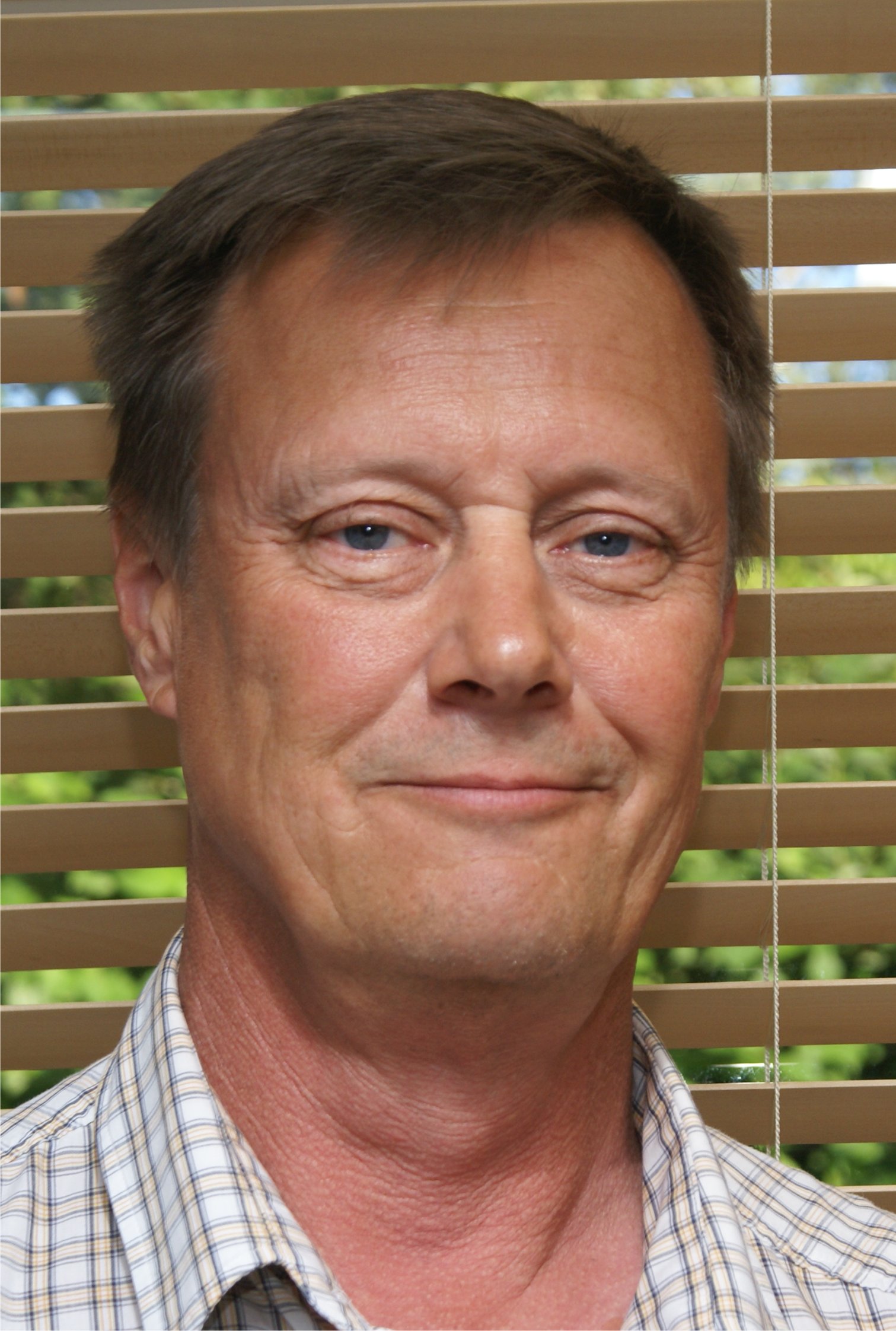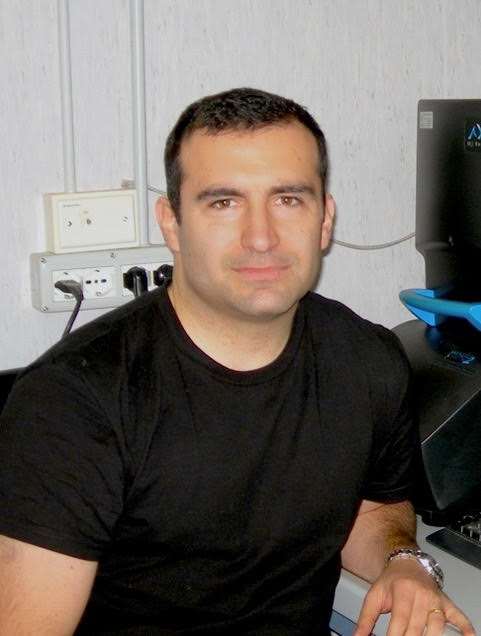Schema della sezione
-

INTRODUCTION AND LEARNING OBJECTIVES
When the human genome project was completed and it was evident that genes in humans are just thirty thousand, it appeared evident that DNA sequence is not the only matter, but how genes are turned on and off. The answer is epigenetics, a hot topic in the last decade, studying the mitotically and/or meiotically heritable changes in gene expression not caused by changes in the DNA sequence. Of relevance, differently from genetic mutations, epigenetic signatures are potentially reversible; therefore attention has been recently focused on possible therapies using drugs able to influence DNA or histone modifications.
Understanding the nature of genetic and epigenetic (gene x environment) interactions and their possible pharmacological regulation represents a major challenge in many research areas and may inform the development of preventive strategies or new pharmaco-therapeutic remedies.
This course will give an introduction to the fundamentals of epigenetic control and the interplay with the environment focusing on the role of aberrant epigenetic mechanisms in different diseases.
This is a three days’ course where in the first day (November 15th) two plenary lectures, held by Prof Tomas Ekström, Karolinska Instituet, Stockholm, Sweden and Prof. Andrea Fuso, Sapienza University, Rome, will provide all the needed information on the epigenetic regulation in autoimmune diseases and in Alzheimer Disease, respectively. Day 2 (November 16th) and day 3 (November 17th) will be dedicated to practical training experiences for the analysis of DNA methylation by pyrosequencing assay and of histones modifications by chromatin immunoprecipitation assay coupled to detection by quantitative real-time PCR.
 CLAUDIO D'ADDARIO
CLAUDIO D'ADDARIOEducation
1993 Scientific High School
2000 Degree in Chemistry and Pharmaceutical Technology, Faculty of Pharmacy at the University of Bologna, Italy
2005 PhD in Pharmacology and Toxicology, University of Bologna, Italy
2008 Diploma Post-doc Karolinska Institute, Department of Clinical Neuroscience, Stockholm, Sweden, supervisor Prof. Lars Terenius
Experience and Occupations
1999 - 2000 period of research in the School of Medicine, National Parkinson Foundation, University of Miami, USA, joining Prof. Izenwasser
laboratory.
2002 Period of Research in the Department of Pharmacology and Pharmacotherapy, Semmelweis University, Budapest, Hungary, as an Italian participant of the
Italian-Hungarian Intergovernmental S&T Project.
2003 - 2004 Guest Researcher at NIH/NIDA/IRP Molecular Neurobiology Branch in Baltimore (MD), USA. Chief: Prof. George R. Uhl.
2006 - 2008 Postdoc fellow at Department of Clinical Neuroscience - Karolinska Institutet, Stockholm (Sweden). Chief: Prof. Lars Terenius.
2007-2009 Participant in the AFA project entitled "Molecular and neurochemical mechanisms in alcohol dependence", Karolinska Institutet, Stockholm (Sweden).
Principal Investigators: Sven Ove Ogren
2009 - 2010 Postdoctoral senior fellow at Department of Pharmacology, University of Bologna, Italy
since december 2010 Researcher in Molecular Biology at the University of Teramo
2013-2014 Guest Researcher Karolinska Institute, Center of Molecular Medicine, Stockholm, Sweden
since september 2013 Affiliated Reseacher Department of Clinical Neuroscience, Karolinksa Institute, Stockholm, Sweden
Awards
° Best Poster XIV SINPF; 1-4 June, 2004, Bologna, Italy.
° Best Poster Price "Emilio Marmo". 32° Congress of the Italian Society of Pharmacology; 1-4 June 2005, Napoli, Italy.
° Research Fellowship Award from the Italienska Kulturinstitutet "C.M. Lerici", Stockholm, Sweden, 2006.
° Research Fellowship of the University of Bologna "Marco Polo" for the promotion in foreign country of young researcher (2003 and 2006).
° Fellowship Award 22nd ECNP Congress. 12 -16 September 2009 Istanbul, Turkey.
° Best Poster INNOPSY09; 18-20 Novembe 2009, Milano, Italy
° Travel Award INRC 2010; July 11 - 16, 2010, Malmö, Sweden
° EPHAR Young Investigator Award 2010, WorldPharma2010 Copenhagen
° Travel Award 23nd ECNP Congress. 28 August - 1 September 2010. Amsterdam, The Netherlands.
° Best poster Clinical Research XVII SINPF; 20-24 September, 2010, Cagliari, Italy.
° Research Award from the Italienska Kulturinstitutet "C.M. Lerici", Stockholm, Sweden, 2013.
Technical skills and competences
- Purification of genetic materials (DNA, RNA) from tissues and cells
- PCR, RT-PCR, Real Time PCR, primer extension
- Northern blotting e immunoblotting (Western blotting)
- Epigenetic (Chromatin Immunoprecipitation and DNA methylation)
- Pyrosequencing
- Confocal Laser Scanning Microscopy/Fluorescence Correlation Spectroscopy (CLSM/FCS) and Fluorescence Cross-Correlation Spectroscopy (FCCS)
- Mass spettrometry, analisi MALDI-TOF
- Linkage Disequilibrium analysis
- sodium dodecyl sulfatepolyacrylimide gel electrophoresis (SDS-PAGE)
- Binding studies
- radioimmunoassay (RIA)
- Second messangers analysis (IP3, cAMP, Ca2+...).
- Animal Care, Animal surgery and behavioural studies (rats and mice) (Course No. 1131, October 2-13, 2006 on Laboratory Animal Science, Karolinska Institutet,
Stockholm, Sweden)
- Cell line coltures
- Bases of bioinformatics.
Languages
- Mother tongue: Italian
- English
- Basic Swedish
 TOMAS J EKSTRÖM
TOMAS J EKSTRÖMProfessional preparation:
1. Bc.S. in biology and chemistry 1979, at Stockholm university.
2. Ph.D. in Biochemistry, May 15 1987 at the University of Stockholm. Thesis title: "Studies on the terminal reactions of dolichol biosynthesis in rat liver".
3. Postdoctoral research: Sept. 1987 – June 1990. Dept.of Pharmacology, University of California, San Diego with Prof. Palmer Taylor. “Studies on the regulation of the acetylcholinesterase gene”.
4. Docent (Associate professor) of Molecular Cellbiology, Karolinska Institutet, 1993.
5. Professor of Molecular Cellbiology/Neurooncology at the Dept. of Clinical Neuroscience, Karolinska Institutet. From 2002 “Tills vidare” (Fast). 100% research.
6. 1991-1997 Research assistant financed by the Natural Science Research Council.
1997 – 2002, Senior Researcher at the Dept of Clinical Neuroscience, Karolinska Institutet.
7. Degrees completed under my primary supervision;
Eight successful Ph.D:s.
Two successful Licentiates
Fellowships and Awards
1987-1989 Post-doctoral fellowship from the Swedish Natural Science Research Council
1991-1997 Young investigator award from the Swedish Natural Science Research Council
2001-2007 Senior scientist award from the Swedish Cancer Society
2014 The Swedish Society of Medicine’s (Svenska Läkaresällskapets) Regnells prize
Bibliometry (Google Scholar)
Publications = 154;
Citation index All Since 2010
Citations 6702 3267
h-index 42 27
i10-index 97 61
 ANDREA FUSO
ANDREA FUSOAndrea Fuso, Ph.D., is researcher at Sapienza University of Rome within the Department of Surgery “P. Valdoni” and scientific consultant for Lo.Li.Pharma and SaluteOk.
He achieved his graduation in Biological Sciences at Sapienza University in 1997 and his PhD in Enzymology in 2001. He teaches at post-graduations courses at Sapienza University of Rome. He is author of several scientific publications in international peer-reviewed journals, book chapters and invited speaker at many lectures and international conferences.
He his in the editorial boards of the journals Frontiers in Molecular Biosciences-Metabolomics, Scientifica and Minerva Biotecnologica and serves as referee for several international journals and grant committees. He is also in the Board of Directors of the Epigenetics Society.
His main research interest is focused on neurodegenerative diseases and on the one-carbon metabolism, homocysteine and S-adenosylmethionine levels and methylation reactions, with particular attention to DNA methylation mechanisms in relation with gene expression regulation. In the field of basic science, he is interested in the dynamics of DNA methylation/demethylation pattern and the study of non-CpG methylation. At applicative levels, he studies the role of epigenetic, nutrition and one-carbon metabolism on Late Onset Alzheimer’s Disease and the DNA methylation mechanisms in muscle differentiation. Other research areas of interest concern the involvement of one-carbon metabolism and methylation reactions in Rett syndrome, autism, neurodevelopment.
Publications:
http://www.ncbi.nlm.nih.gov/pubmed/?term=fuso+a